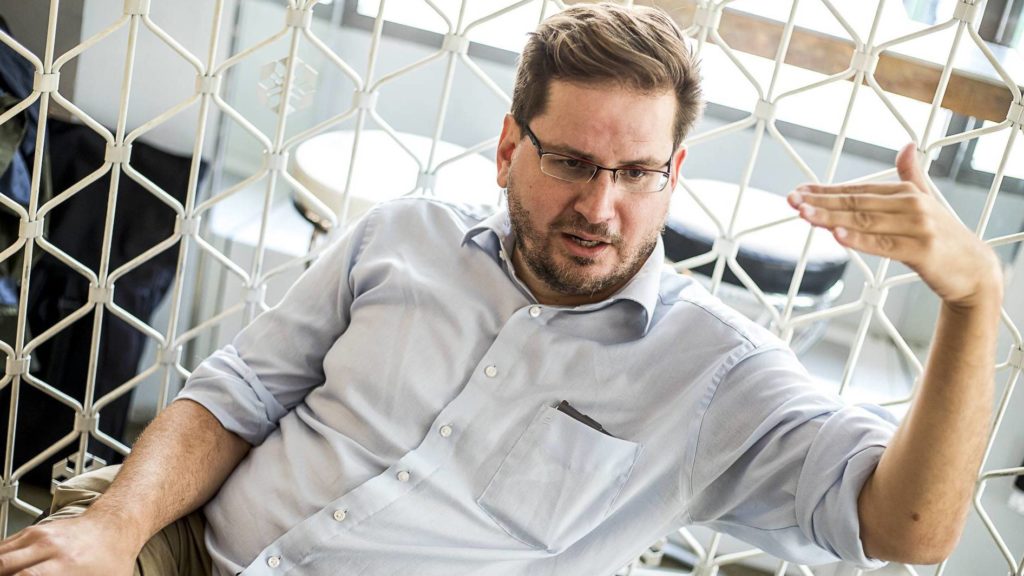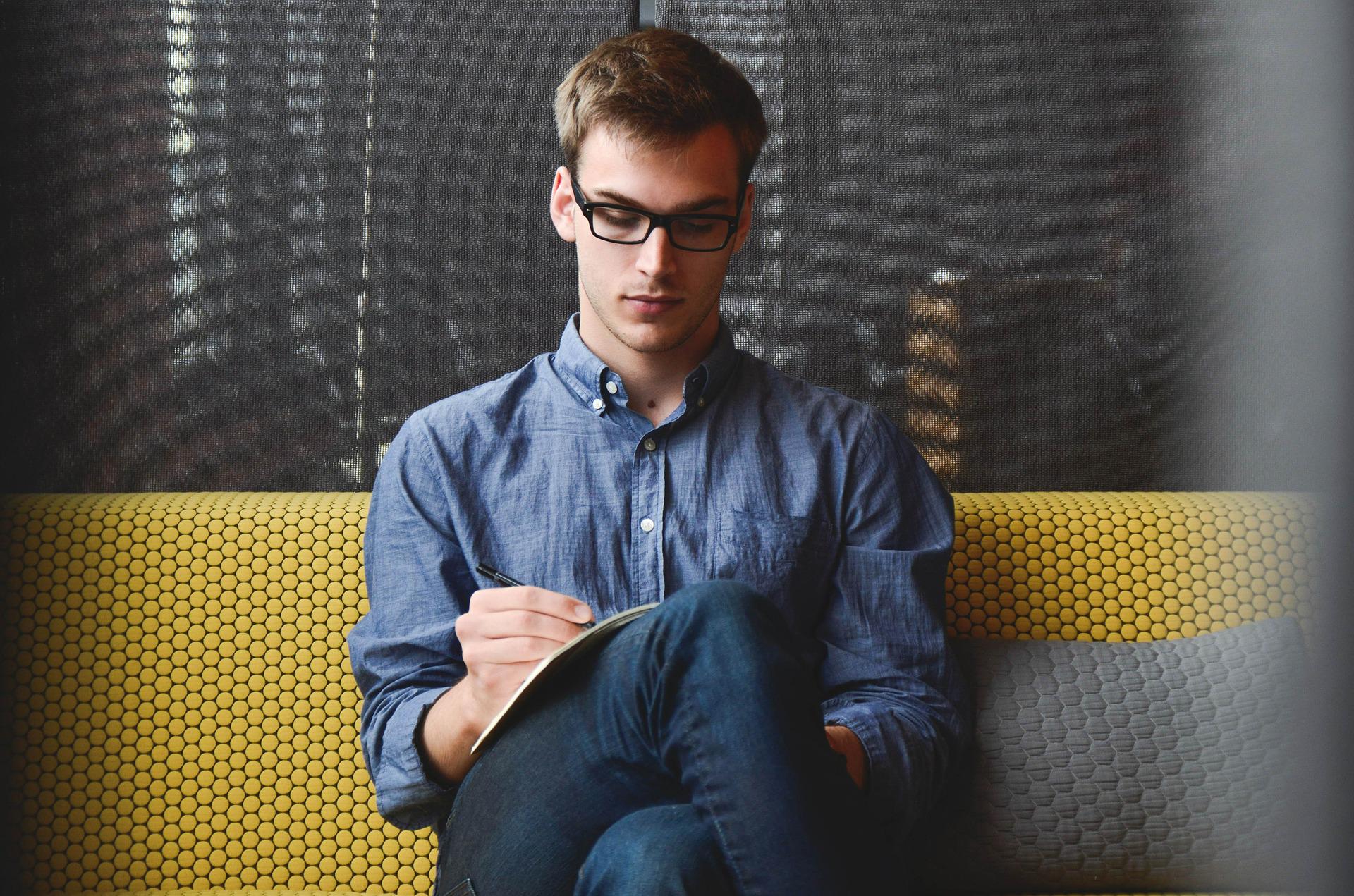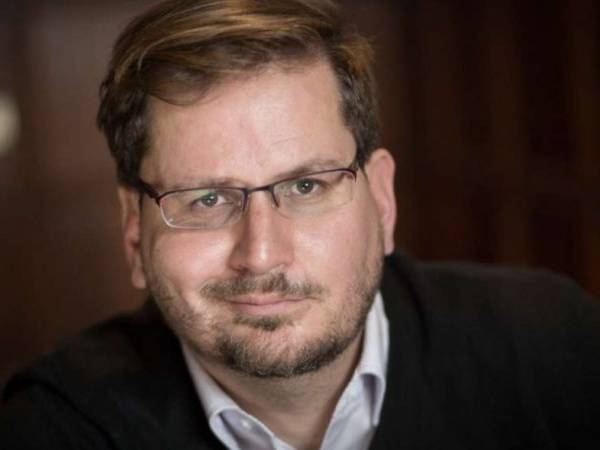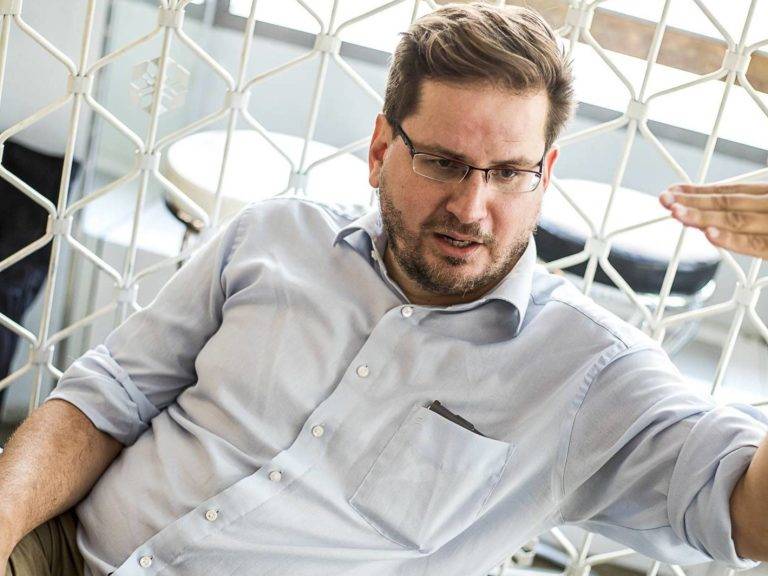During my first year here, I told my dad that there’s a building in my city that’s both a church and a mosque and he told me God must really be there and we laughed about it.
Located downtown at the main city square of Pecs, Hungary, you’ll find the Mosque of Pasha Qasim. Today, though it functions as a catholic church, some of the elements of its former self are still clearly visible while it faces Mecca with its finely decorated Mihrab, patterned arched windows, and calligraphic lines from the Quran spread along the walls.
At the top of the dome, we find the Islam crescent moon combined with the Christian cross. Looking at it, you feel some kind of harmonious existence between both faiths.
Seeing as it no longer serves as a mosque, where do Muslims go to pray now?

We’re not limited to the places we go to pray. We can pray at home, at school, at work (on occasion) even outside. Why do we get up to go to a building on specific days to do this same thing over and over again? A designated place of worship. On occasion, if something can be done almost anywhere, the value of having a designated place to do it might often be overlooked. If you can work out at home, why go to the gym, if you can read at home why go to the library, if you can study on your laptop in a coffee shop, why go to university then again buying coffee everyday just to sit and watch lectures doesn’t seem like the best financial or health wise thing to do.
The value in having a place specifically designed for one specific purpose is usually something you can only feel once you go there for yourself.
My home is a multi-purpose space filled with distractions around every corner to let my mind wonder. A mosque is a dedicated space that takes you, both physically and mentally, away from these distractions from the ornaments to the majestic layout for the larger more iconic mosques which in turn creates a sense of humbleness in architectural terms as the essence of the building overwhelms you allowing you to come before God with a calmer state of mind. All these are brought about together with the sole purpose of letting you focus on one thing, your connection with God and this is further leaned into due to the presence of people around you coming together to this space for precisely the same purpose as you, a space to nurture your relationship with God.
There aren’t that many places for Muslims to do so considering the fact that it’s Catholic city however if you ever feel the need for a spiritual space, the other spot to look for is the Jakovali Hassan Mosque.
This was also during the time of the Turkish Ottoman Empire around the mid to late 16th century with the exact date of construction unknown. It was named after Yakovali Hassan, the local government official that commissioned the Mosque. It was later converted into a hospital after Pécs was taken over by Austrian forces, converted into a Catholic chapel between 1702 and 1732 then restored back into a mosque in the 1960s. A second restoration was done during the time in which Pécs became the European Capital of Culture in 2010.
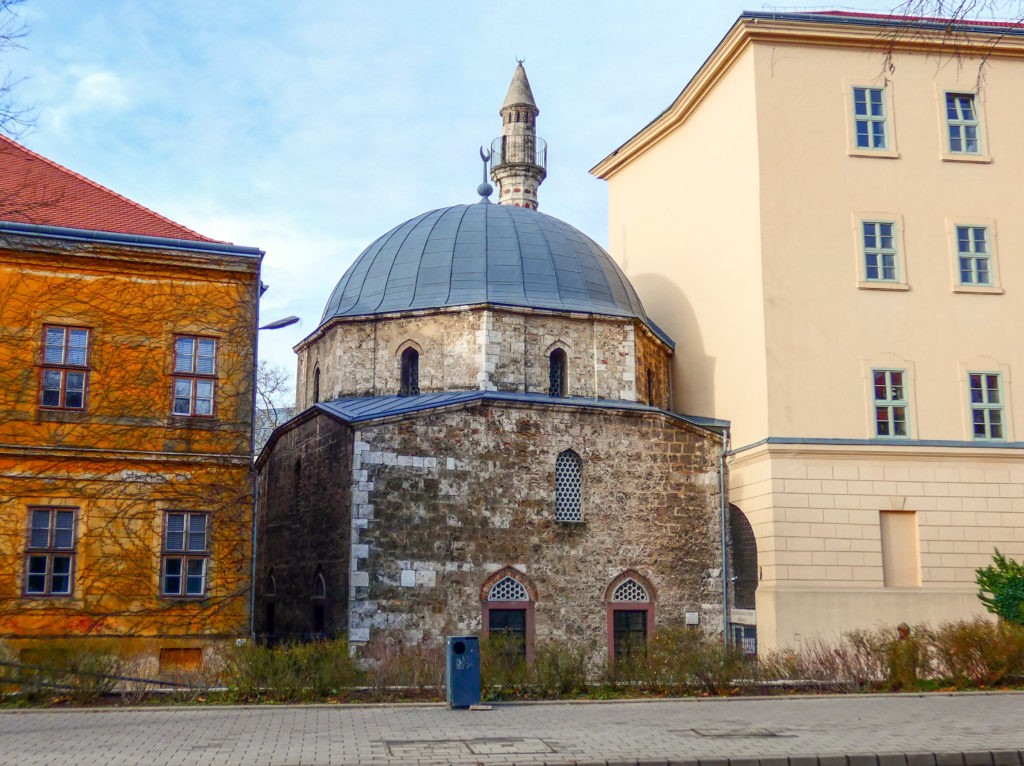
Though significantly different in the interior, the exterior elements are similar to the Mosque of Pasha Qassim particularly in its form and shape. The mosque is open to the public on designated days apart from Mondays and Friday services between 2:30 and 3:30pm though since it has been closed for a while now, no one has been able to use it.
As the Muslim population grows in the city, especially from the international students, the need for a place to pray has become more relevant but that hasn’t stopped the community from carrying out their daily obligations.
Today Muslims can gather together at an individual residence or their own personal homes to pray and the basketball court at Borszokány dorm is available for them to use especially for Juma prayers on Friday.
It’s not always about the building but rather about the people though hopefully in the future, there will be more accessible places of worship to cater for the growing number.
Written by: Tarique Katuntu

